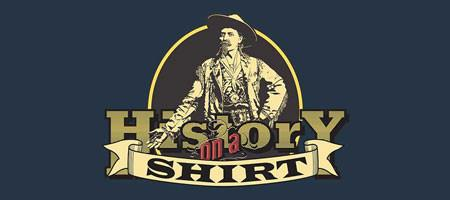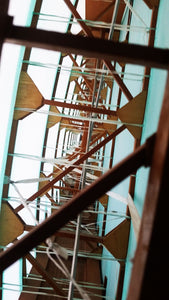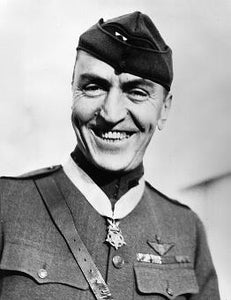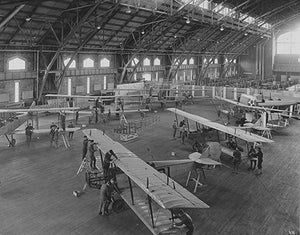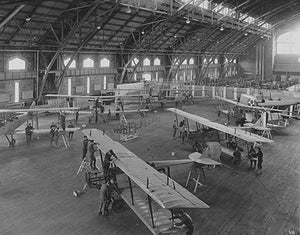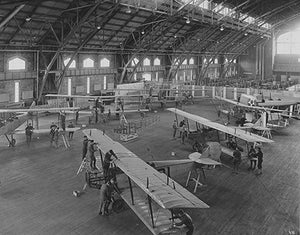Knights Without Parachutes — ivy league
Eventful Days for the 94th Aero Squadron
dangers of wwi aviation doug campbell eddie rickenbacker ivy league james meissner james norman hall kenneth marr lafayette escadrille raoul lufbery
Rickenbacker's Revenge
Eddie and the Ivy Leaguers One hundred years ago in October, the Red Baron was already legendary. Other pilots - Boelcke, Guynemer, Ball, Immelmann - were also legends, and already dead. The Lafayette Escadrille was legendary. Some were dead, and some were getting ready to pass on their experience to arriving Americans, as the last round of WWI aviation legends began to assemble "over there." Eddie Rickenbacker (still spelled "Rickenbacher" since he had not yet, as the newspapers later put it, taken the Hun out of his name) had recently had his first solo. He didn't wreck the plane on his...
World War 1's old soldiers from Cornell
I posted the following in a LinkedIn group for Cornell University alumni, because it was rather striking to read, in the Military Records of Cornell University in the World War, the Class Index of who from what class was in the war. One doesn't think of 50 and 60-year-olds as war volunteers. Classes of '80s and '90s; a hundred years ago you might have been in WWI! Yes, the normal age for World War 1 soldiers was early twenties, if that, but not all were that young. The oldest Cornellian in World War 1 was Louis Livingston Seaman, class of 1872, so...
Edward Tinkham, Cornell's unofficial war recruiting department
Stanford and Cornell both have claims to the first American flag in Europe. The story of who was first is told in today's Roads to the Great War blog, which covers "Arthur Kimber of Stanford and Edward Tinkham of Cornell. Both started with the American Field Service, delivered their flags, became military pilots, died in service, and are buried in Europe." Tinkham's whole story was covered earlier in Roads to the Great War by Cornellian James Patton. Following is Tinkham's obituary as found in the Roll of the Fallen in Military Records of Cornell University in the World War. EDWARD...
Ivy League officers: cost or benefit to USAF? - 2016 perspective
Ivy Leaguers volunteered for the air service in proportionally great numbers a hundred years ago. But, considering the absent-minded professor image, do Ivy Leaguers make good Air Force officers? It's not just an academic question, pun intended. The USAF funds scholarships at various percentages of a school's cost, so is the extra money for an Ivy League education worth it to the USAF? I have been looking up cadets of the late '80s and early '90s on LinkedIn. Thirty years ago, the main kind of AFROTC scholarship was a four-year full ride scholarship to whatever school one could get into. All you had to do...
